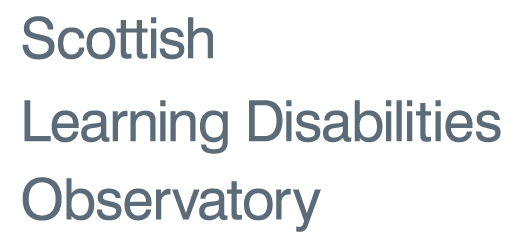Physical and mental health of young people with learning disabilities

Background
Transition to adulthood may be a period of vulnerability for the health for young people with learning disabilities. No large‐scale studies have compared the health of young people with and without intellectual disabilities undergoing transition. The aims of this study were to compare health during transition for young people with and without intellectual disabilities across a whole country population and to establish whether transition is associated with health in the population with intellectual disabilities.
What we did
Data were drawn from Scotland's Census, 2011. Frequency data were calculated for young people with and without intellectual disabilities. Logistic regressions were used to determine the extent to which intellectual disabilities account for seven health outcomes (general health, mental health, physical disabilities, hearing impairment, visual impairment, long‐term illness and day‐to‐day activity limitations), adjusted for age and gender. Within the intellectual disabilities population, logistic regressions were then used to determine whether age group (13-18 or 19-24 years) is associated with the seven health outcomes, adjusted for gender.
What we found
A total of 5,556/815,889 young people aged 13-24 years had intellectual disabilities. Those with intellectual disabilities were 9.6-125.0 times more likely to have poor health on the seven outcomes. Within the population with intellectual disabilities, the 19‐24‐year‐olds with intellectual disabilities were more likely to have mental health problems than the 13‐18‐year‐olds but did not have poorer health on the other outcomes. The difference between age groups for mental health problems was greater for young people who did not have intellectual disabilities, but their overall level of mental health problems was substantially lower than for the young people with intellectual disabilities.
What this means
This largest‐to‐date study quantifies the extent of the substantial health disparities experienced by young people with intellectual disabilities compared with their peers without intellectual disabilities. The young population with intellectual disabilities has substantial health problems. Therefore, transitions between child and adult services must be carefully planned in order to ensure that existing health conditions are managed and emerging problems minimised.
The original publication associated with this research can be found here.
For further information about this work, please contact Ewelina Rydzewska
Page updated on 8th September 2020
